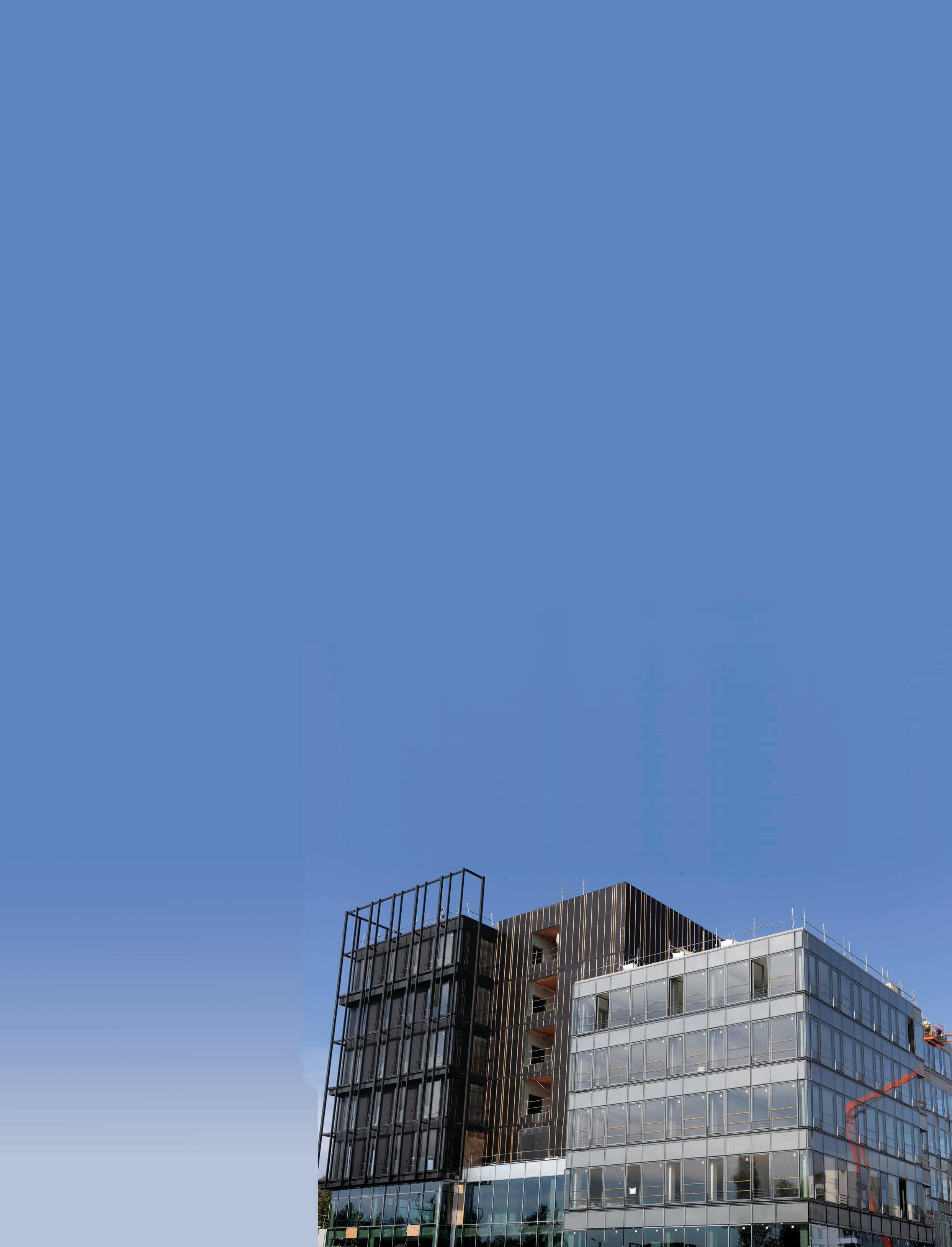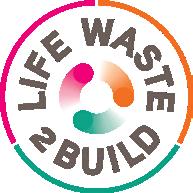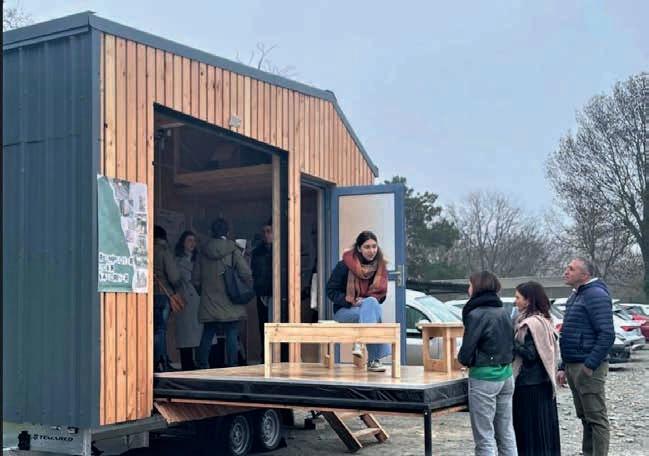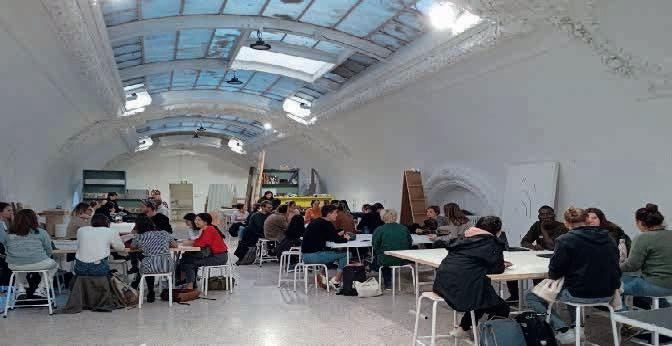Finding the value in construction waste


The construction sector generates large amounts of waste every year, much of which could be recovered and re-used. We spoke to Jérémie Bernard, project coordinator for Toulouse Métropole, about the work of Life Waste2Build, a Life funded project, in developing a new system to improve resource efficiency and encourage the shift towards a circular economy.
The construction industry has historically generated large quantities of waste, yet as sustainability concerns become increasingly prominent, the sector as a whole is under pressure to use resources more efficiently and reduce its environmental impact. One way to achieve this is by carefully deconstructing old buildings instead of demolishing them, so materials can be reused, an issue central to the LIFE Waste2Build project, an initiative based in the French city of Toulouse. “When we deconstruct a site we carefully remove material and equipment so that they aren’t wasted,” explains the project’s coordinator Jérémie Bernard. The project team are developing a methodology and tools to encourage the shift towards a circular economy in both the renovation of buildings and also new construction projects. A key initial step is a pre-demolition audit, when the materials available in a building are identified. “If you have a clear understanding of the materials present in a building, you can then think about how these resources can be re-used,” says Jérémie.
LIFE Waste2Build
Using the waste demolition to build within a Circular Economy approach
Jérémie Bernard
Project Coordinator, Life Waste2Build
Direction Implantation Economique
Direction Générale Développement Economique
Toulouse Métropole
T: +33 (0) 531 229 110 / +33(0) 634 267 664
E: jeremie.bernard@toulouse-metropole.fr
W: https://metropole.toulouse.fr/lifewaste2build-en
Toulouse Métropole is a French local authority with a population of 747,000, bringing together 37 communes including Toulouse. It is the fourth largest urban area in France (45.8 has), with 4,992 employees. TM is responsible for waste management, gardens and green spaces, mobility, urban planning, the environment and sustainable development, the attractiveness of the area and international influence.



Re-using materials
This might be tiles for example, or certain metallic structures, which can then be made available to architects or construction companies via a digital platform that is being developed in the project. Some of these materials can be applied immediately in construction projects, while others may need to be cleaned, reconditioned and qualified to meet the required standards. “We may have to treat some materials, and sometimes we add elements to meet the needs of companies,” outlines Jérémie. This might represent a significant change in approach for companies more used to the traditional construction model, so Jérémie and his colleagues in the project are providing extensive guidance. “We’ve developed a methodology to support companies through all steps of a construction project, beginning with the pre-demolition audit (PEMD diagnosis in France), through to the recommendations on how to proceed,” he continues.
covering a wide variety of public and private building projects. “It’s very important for us to have a high degree of variety, so we can learn from these different experiences. We want companies to adopt this kind of approach on all their projects, not just a single type,” says Jérémie. These 58 worksites are based in and around Toulouse, but in future Jérémie hopes to encourage other areas to adopt this approach and spread it more widely. “We have signed replication agreements with three other municipalities; Strasbourg, Marseille and Bologna in Italy,” he outlines. “We have held numerous meetings to share our tools and methodology, and to exchange best practice.”
“When we deconstruct a site we carefully remove materials and equipment so that they aren’t wasted.”
The wider aim is to move towards a circular economy where materials are re-used and recycled, in line with the goals set out in France’s anti-waste law, which was passed in 2020. So far the project’s approach has been implemented at 58 exemplary worksites,

There is a lot for the project team to be proud of in this respect, with over 16,050 tonnes of material recycled and 11,700 re-used across the 14 completed worksites (over 58 during the entire project), while the equivalent of over 5,516 tonnes of CO2 emissions have been prevented. As the project’s work progresses, and the benefits of this approach become more widely known, Jérémie hopes more companies will adopt it. “The intention is to bring more companies and project owners on board. We want this approach to become the norm, the usual way of working,” he says.

